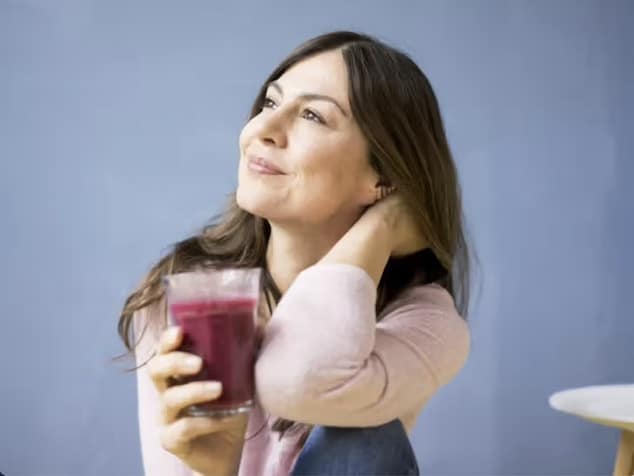
Giving up alcohol as a way to improve your quality of life: steps how to resolve problem drinking and management strategies to address alcohol abuse.
Giving up alcohol is a big step for a person in their life, but one that can be necessary for all manner of reasons whether it be for your mental or physical health, to improve relationships, save money or anything else.
For some people, going straight into alcohol rehab and coming straight off the booze, going cold turkey and finding the management strategies to stay that way is one option, while others feel that can be overwhelming and want to take a slower and steadier approach.
There’s no right or wrong way of doing it, it’s all about the individual, but if you are wanting to slowly start giving up alcohol, here are five top tips to help you do so…
Set Realistic Goals
The first step is to set out a bit of a strategy and set yourself realistic goals to get you down to drinking zero units per week. Doing it all at once can be daunting, particularly if alcohol has been a regular part of your life for some time.
Start small and set yourself mini goals as you build up towards bigger ones. This could be limiting the number of drinks you have each week, or setting aside certain days where you don’t drink alcohol. From there you can gradually start to decrease the days, or the number of drinks you are having on set drinking days.
A good idea can be to track your progress using a diary, which will provide you with visual progress as well as increasing accountability on your journey.
Identify and Manage Triggers
A big part of giving up alcohol, whether you’re going cold turkey immediately or staggering your approach is to identify, understand and manage triggers for drinking. You’ll find that there will be certain emotions or feelings that lead you to drinking. For example, boredom may be one, while stress is a hugely common one, particularly the likes of work or home life related stress. Social occasions or certain sets of friends may also be key triggers.
Once you’ve identified the reasons and circumstances in which you drink you can begin to set about a plan in managing them. For example, you might want to consider healthier ways to relax and combat stress, such as meditation, going for a run, reading a book or taking up any other form of hobby. If you tend to drink heavily or regularly in social situations, try doing something else with your friends. Swap the pub for a coffee shop, for example.
It’s all about limiting the risks of triggering your desire for alcohol and replacing it for something healthier.

Swap Alcoholic Drinks for Alternatives
A helpful way to reduce alcohol consumption is by swapping your usual alcoholic drinks for non-alcoholic alternatives. There are now a wide range of alcohol-free beers, wines, and spirits available that can offer the same social experience without the effects of alcohol. These alternatives allow you to join in social activities without feeling left out or resorting to alcohol.
Even simple swaps, such as drinking sparkling water with lime or herbal teas in the evening, can make a big difference over time. If you’re used to having a drink with dinner, replace it with a non-alcoholic beverage. Over time, these small changes can add up, helping to reduce your overall intake without feeling deprived.
Practice Mindful Drinking
Mindful drinking involves being conscious of when and why you’re drinking, rather than consuming alcohol automatically or out of habit. This approach encourages you to slow down, savour each drink, and really think about whether you want or need the next one.
To practice mindful drinking, set limits before you start drinking, and pace yourself by drinking slowly. You can alternate alcoholic drinks with non-alcoholic ones or have a glass of water between each drink to stay hydrated and reduce the amount you consume. Taking a moment to assess how you feel after each drink can also help you stop before you’ve had too much.
By paying attention to your drinking habits, you’ll start to recognise patterns and may find that you don’t need as much alcohol as you think to enjoy yourself. Over time, this mindfulness can lead to a natural reduction in your alcohol consumption.
Seek Support
Giving up alcohol can be challenging, especially if drinking has become a big part of your lifestyle. Seeking support from others can make the process easier and help keep you on track. You don’t have to do it alone—talk to friends or family members about your goals so they can support you on your journey.
If you’re finding it difficult to cut back on your own, consider joining a support group like Alcoholics Anonymous (AA) or seeking professional advice from a therapist or counsellor. There are also online communities and apps dedicated to mindful drinking and cutting down alcohol, which can provide helpful tips and encouragement.
Sharing your experiences with others who are going through similar challenges can provide valuable insights and motivation. It can also help to build accountability, as you’re more likely to stick to your goals when others are supporting you.






